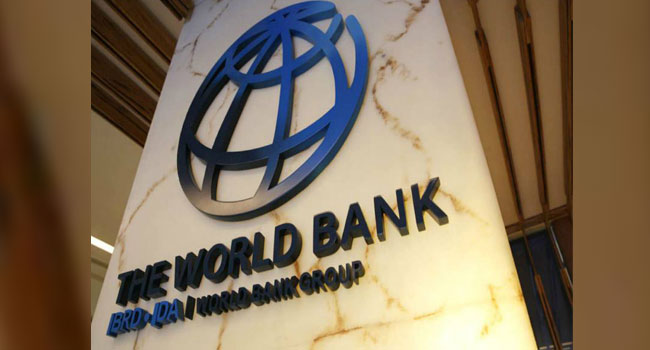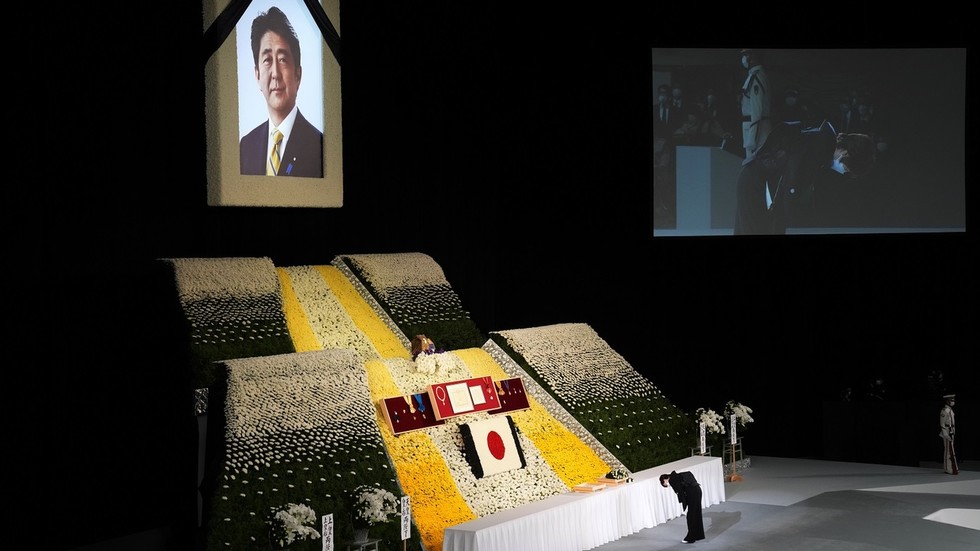Peru’s Controversial Ex-President Alberto Fujimori Dies at 86
Alberto Fujimori, the former president of Peru who ruled the country with an iron fist and later spent 16 years in prison for crimes against humanity, has died at the age of 86 in Lima, the capital city.
Fujimori, who led Peru from 1990 to 2000, was released from prison on humanitarian grounds in December, two-thirds of the way through a 25-year sentence for his role in human rights abuses during his presidency. His death was announced by his children, who wrote on social media platform X that their father had "just departed to meet the Lord" after a long battle with cancer.
Fujimori’s presidency was marked by a brutal campaign against left-wing guerrilla groups, including the Shining Path and Tupac Amaru, which resulted in the deaths of over 69,000 people and the disappearance of 21,000 others between 1980 and 2000. He was also accused of ordering military operations that targeted civilians and journalists, and of rigging elections to maintain his grip on power.
Fujimori’s family and supporters have announced a wake and burial for him, with his daughter Keiko saying that they are "waiting for all those who want to say goodbye to him in person." The Peruvian government has declared three days of national mourning for Fujimori, and Prime Minister Gustavo Adrianzen has expressed his condolences to the family.
However, Fujimori’s legacy is complex and controversial, with many Peruvians viewing him as a power-hungry autocrat who crushed democracy and human rights. His critics point to the numerous human rights abuses and corruption scandals that occurred during his presidency, including the torture and murder of opponents and the embezzlement of public funds.
Despite his controversial record, Fujimori remains a polarizing figure in Peruvian politics, with some supporters hailing him as a hero who saved the country from left-wing guerrilla groups and others condemning him as a ruthless authoritarian who undermined democracy and the rule of law.
Japan’s top government spokesman, Yoshimasa Hayashi, has praised Fujimori’s efforts to release hostages from a four-month standoff at the Japanese embassy in Lima in 1996, but acknowledged that there were "a variety of evaluations" of Fujimori’s presidency, including his conviction for human rights violations and his time in prison.
Fujimori’s death marks the end of an era in Peruvian politics, and raises questions about how his legacy will be remembered and commemorated in the years to come.



